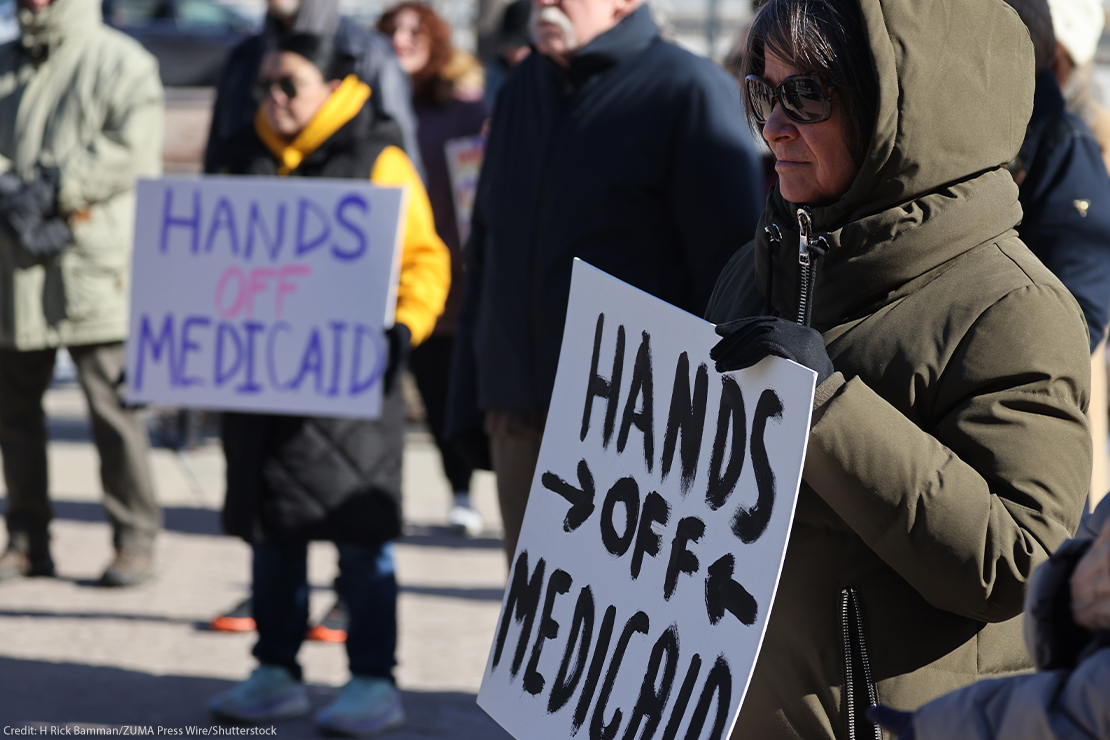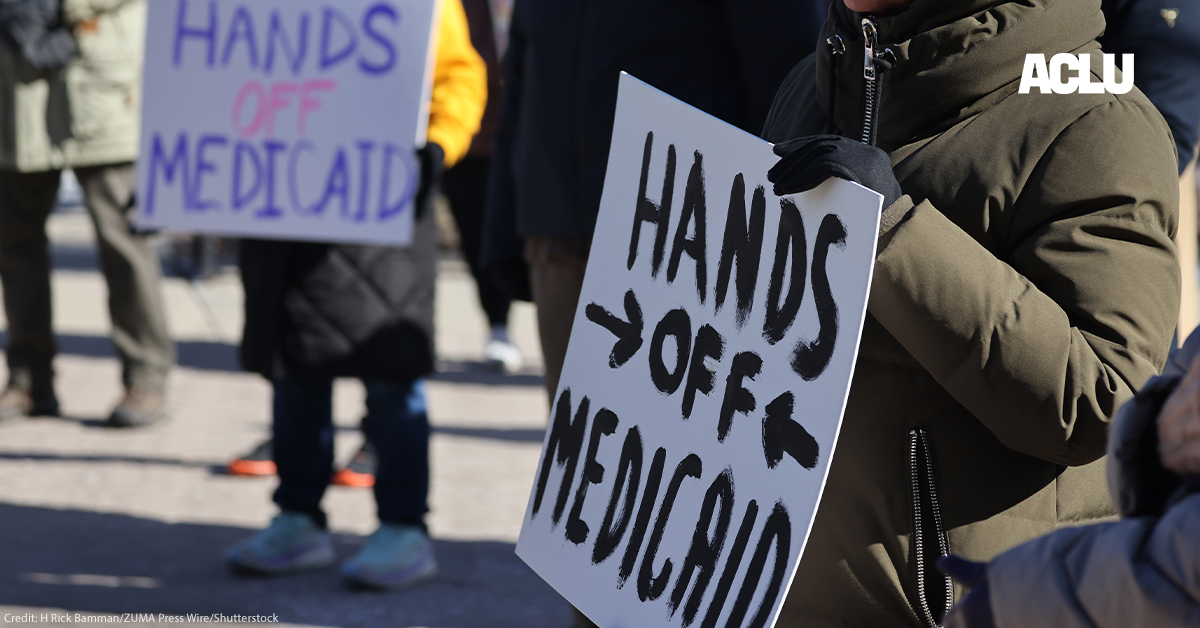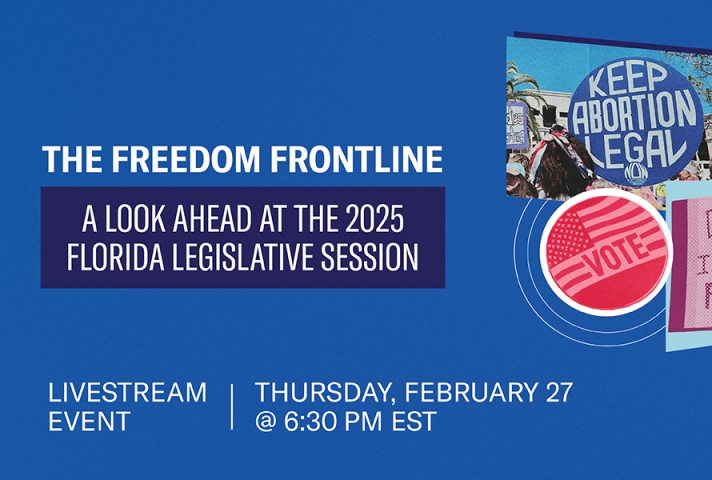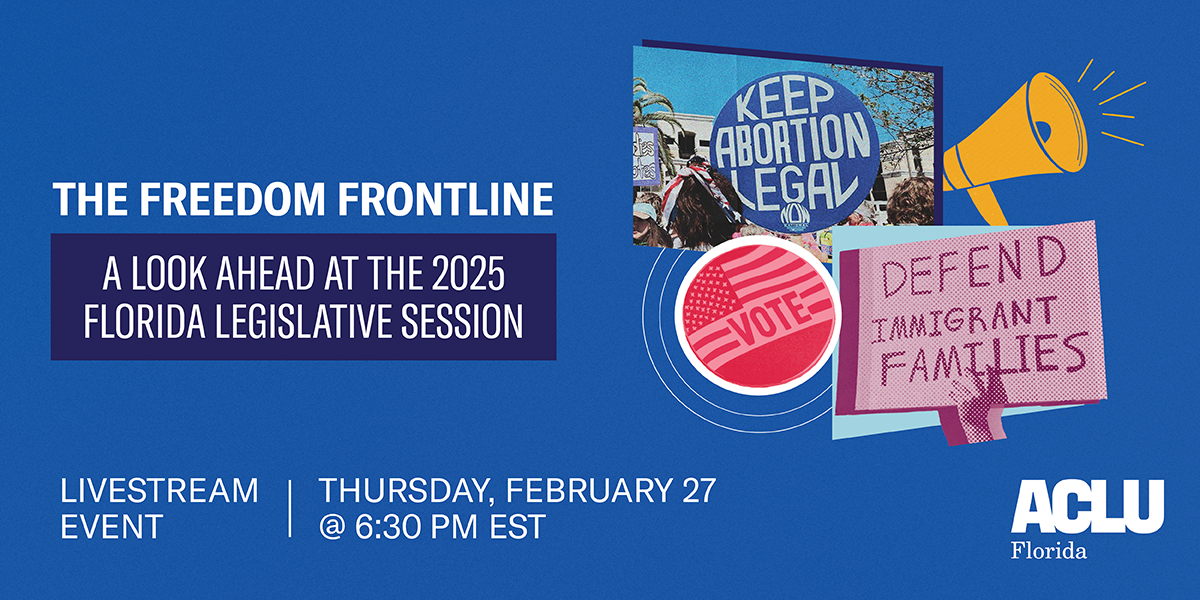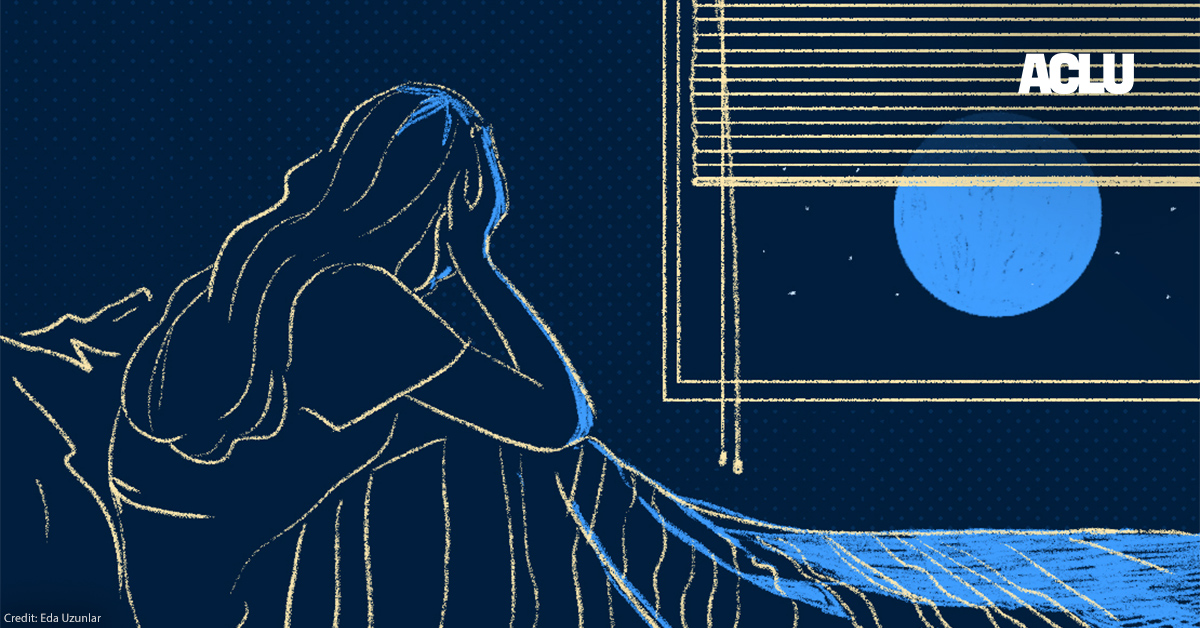Congress is setting the stage to decimate Medicaid.
The House of Representatives put forward a budget resolution that will lead to more than $880 billion in cuts from Medicaid. If approved, these cuts will eviscerate a critical source of health care and stability for 10s of millions of people. Most devastatingly, radical cuts to Medicaid will be catastrophic for people with disabilities for whom Medicaid is a lifeline.
Why is Medicaid a Lifeline for Disabled People and Seniors?
Medicaid is an essential program that provides a wide range of critical health care services and support to millions of people across the country. The impacts of these draconian cuts would be staggering.
More than 10 million people with disabilities are enrolled in Medicaid, making it the largest provider of health care to people with disabilities, including people with mental health conditions. Beyond health care, Medicaid is the primary payer of home and community-based services (HCBS) for nearly 8 million seniors and people with disabilities, including those with complex care needs who depend on these services and supports to get out of bed, go to work, and live in their communities rather than being warehoused in costly and isolated institutions. Any cuts to HCBS will also harm family members who have to reduce hours at work or leave their jobs altogether to care for loved ones.
America’s seniors also rely on Medicaid for nursing home care; two-thirds of people living in nursing facilities are enrolled in Medicaid. Cuts to Medicaid will jeopardize access to nursing facilities and reduce the quality-of-care individuals receive. Many older adults with long-term care needs will be left with limited care options and, in some cases, no options at all if states are unable to fill the funding gap and must close nursing facilities.
How Does Medicaid Support Children and Those with Mental Health Conditions?
Medicaid is the single largest funder of mental health and substance-use disorder care in the country. It provides care to nearly 14 million adults who have a mental health condition or substance use disorder. Medicaid expansion resulted in a significant increase in coverage and care for opioid use disorder (OUD.) Adults with OUD are twice as likely to receive OUD treatment if they have Medicaid than if they are uninsured or on private insurance.
School-age children would also be affected by Medicaid cuts. Medicaid supports more than $7.5 billion in school-based services, including certain services provided to children under the Individuals with Disabilities Education Act (IDEA). Funding helps pay for speech-language pathologists, audiologists, occupational therapists, school psychologists, school social workers, school nurses, and others who provide comprehensive health services. Medicaid also helps pay for specialized equipment that allows students with disabilities to learn and play alongside their peers. Seven out of 10 school-aged children who receive mental health services access these services at school, supported in large part by Medicaid.
Why Does Medicaid Matter?
Medicaid is the difference between life and death for millions. It enables people, especially those with disabilities, to participate in the economic, social, and civic life of the nation. It advances equal opportunity, dignity, and personal liberty for all.
Eviscerating Medicaid would not just impact those who rely on it for their quality of life, but it would also devastate the approximately 5 million direct care workers — home health aides, nursing assistants, personal care aides — who provide care and support to seniors and people with disabilities. These workers, predominantly low-wage women of color, help with all aspects of daily life, such as bathing, dressing, eating, managing medications, and attending appointments. Medicaid cuts will destabilize the direct-care workforce and jeopardize access to care.
As the House rams through its radical and thoughtless budget resolution that will gut Medicaid, the ACLU wants you to tell your Congress members how these devastating cuts will impact your community and those you know and love. Call your representatives today — and every single day — to tell them to protect Medicaid at all costs.
Date
Tuesday, February 25, 2025 - 3:45pmFeatured image
